I know what it’s like to have your favorite manga end and have to scamper for crumbs connected to it because you don’t want to let go. But sometimes, continuing a story ad nauseum isn’t always a good idea. I mean, as much as I loved Naruto Shippuden, I absolutely can’t stand Boruto: Naruto Next Generations. So, it’s okay not to milk a franchise for what it’s worth. However, that doesn’t mean you can’t build a new story with the same interesting factors as in the case of Orient.
Orient is not connected to Magi: The Labyrinth Of Magic beyond sharing the same artist, Shinobu Ohtaka. But it does share similarities in the way it is written, which isn’t surprising. Both stories center around the main trio, feature magic, and have a slow build-up. Whereas one pulls heavy inspiration from the 40 Arabian Nights folklore, the narrative of Orient is much closer to home.
But clearly, the same formula is at work here. This isn’t exactly unheard of, and most mangakas have a signature style that makes them stand out and is repeated in whatever work they go on to do next. That doesn’t mean they make a 1:1 ratio of the same story but just differently-named characters, but the dynamic they share makes them so intertwined. After all, as a creator, most people like starting new projects while still staying somewhat in their comfort zone.
In a way, Orient’s story isn’t exactly something we haven’t seen before. It’s a Shonen fantasy involving a plucky protagonist who’s a little too headstrong for his good, but with pure intentions. There is friendship, betrayal, and fights with God–like beings. Yet somehow, Orient doesn’t end up feeling stale. In that way, it’s a great follow-up to Magi: The Labyrinth Of Magic but what else can we expect from it? Let’s dive into it!
Table of Contents
Orient: A Classic Japanese Setting With Fantastical Whimsy!
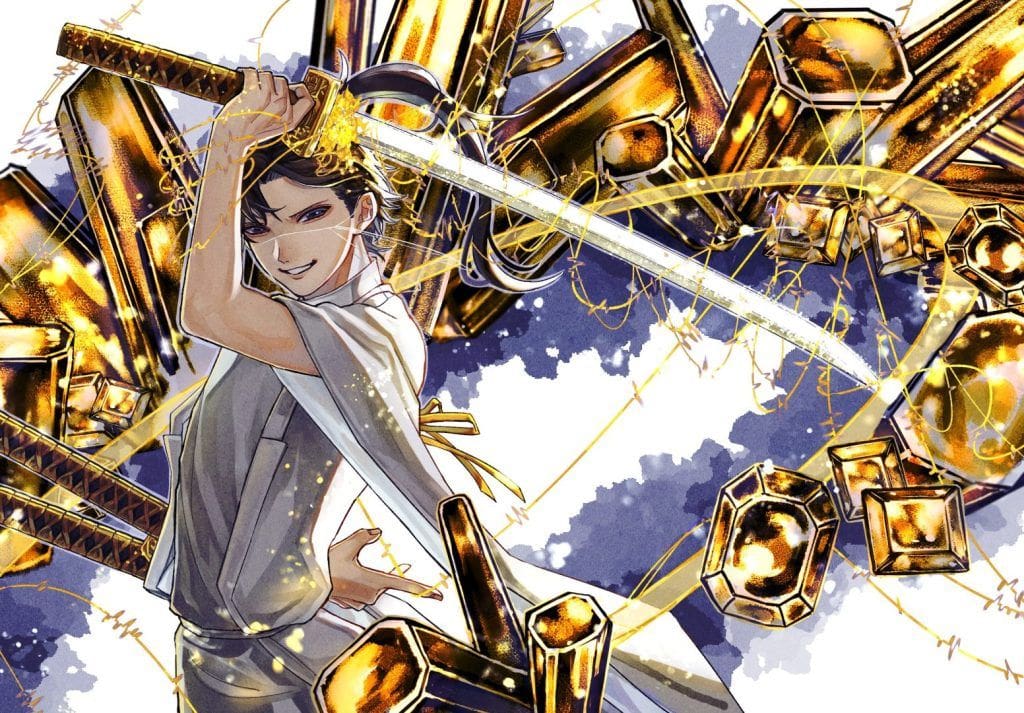
Orient is special with how it sets up its world. Starting in Japan’s Sengoku period, it pulls heavily from the Samurai tales of olden times. The story starts with 10-year-old Musashi and Kojiro, best friends who love sparring with their wooden swords.
Kojiro comes from a lineage of ‘Bushi’, a family made up of samurai warriors that have been fighting against the demons that have come to settle on their lands around a century ago. Inspired by the Bushi, who risk their lives and bravely go outside their territories to fight these demons, both Musashi and Kojiro aim to follow in their footsteps.
Following a 5-year time skip, Musashi still dreams of becoming a Bushi but is forced to work as a miner instead. Still, he never really lets that dream go, strengthening his skills in swordplay alongside his work. However, everything comes to a head when the truth about his mining community comes forwards, and Musashi comes face to face with a demonic threat.
He finally gets a chance to put his training to practical use but quickly realizes how out of depth he is. Musashi still has a long way to go before he can become a Bushi, but he isn’t giving up yet!
Where Magi And Orient Show Parallels:
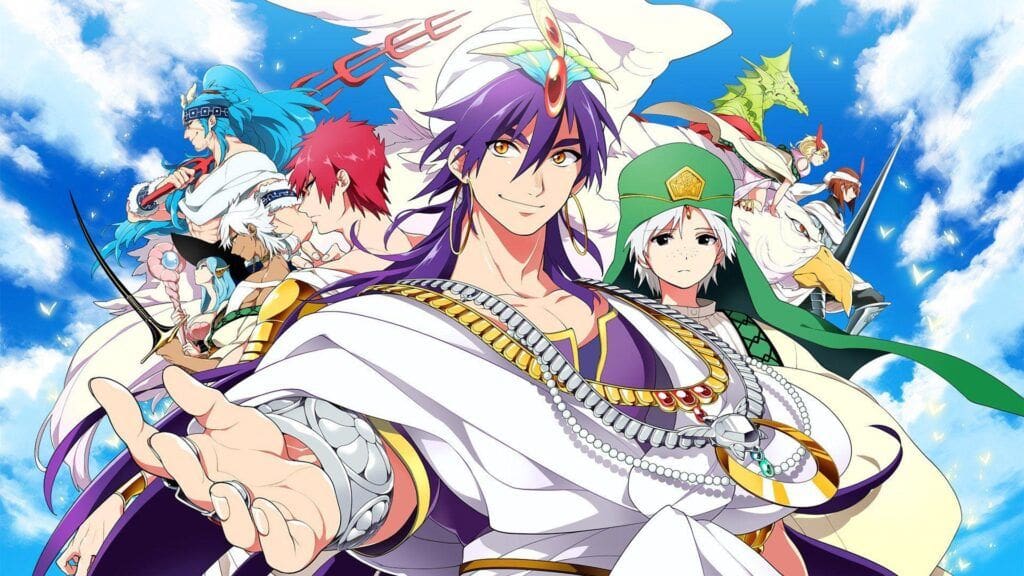
It’s relatively plain to see that both share more in common than at first glance. Besides its pacing, there’s the matter of its entire fantastical setting coupled with the main protagonist, which is more than a little mysterious.
Just like Magi, Orient gives most of its agency to its younger cast, leaving them to be swindled around by clever adults. This helps them grow up faster, realizing that the only ones they can trust outside are themselves. The children have to become more self-sufficient, and that helps them in dealing with cunning grown up easier. Also, there is a welcome lack of tacky adult humor, which, honestly? I’m grateful. You can make funny jokes without being crass, that is all.
The characters are incredibly likable and not annoying or wasted. They are headstrong but not stupid and stubborn. They show growth, and, most importantly, they know their limits. Nothing annoys me more than characters that are, like, instantly OP (Overpowered) for no reason.
Orient seems to be taking all of the good aspects of Magi, and none of the bad. And then building on that good to create a narrative that doesn’t feel like it’s repeated.
Prev Post

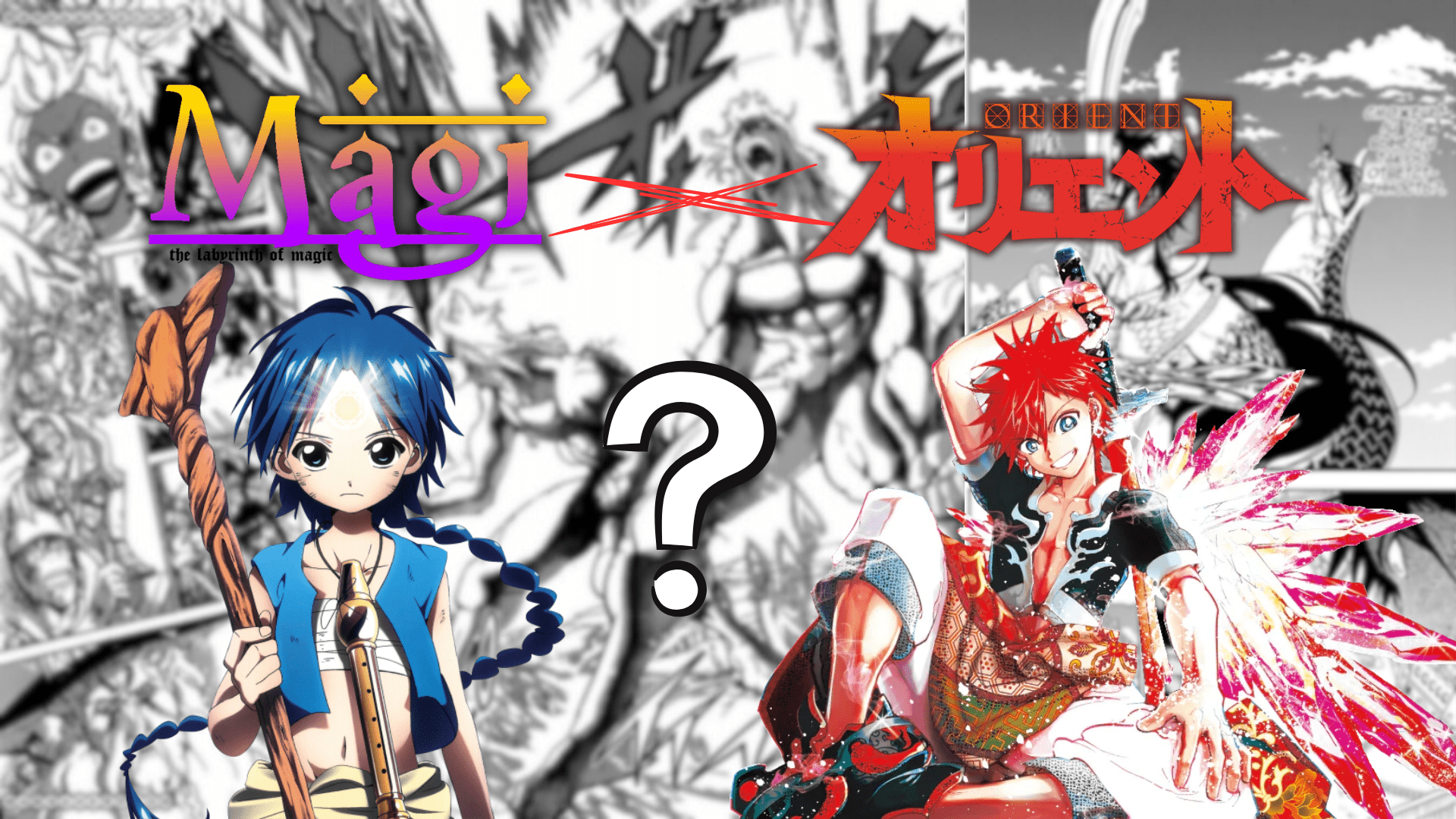










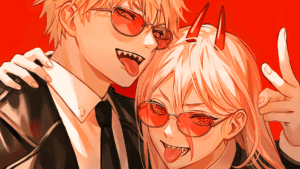
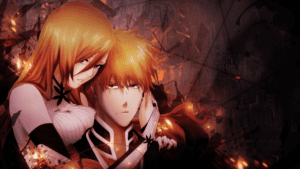
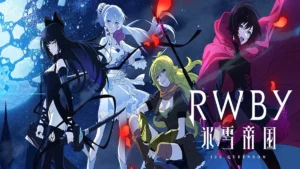
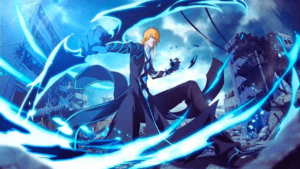

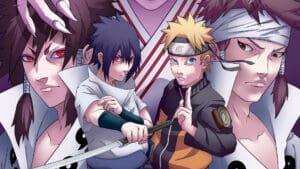
What do you think?
It is nice to know your opinion. Leave a comment.